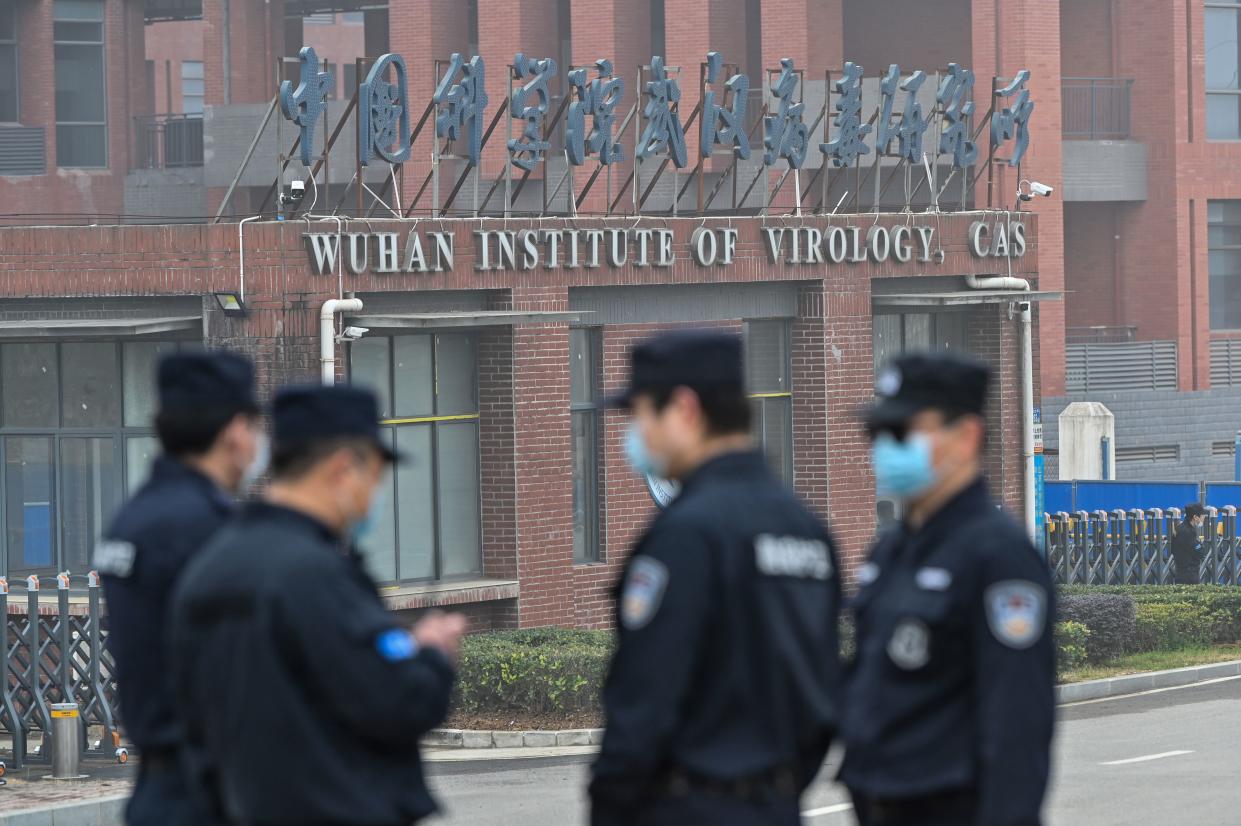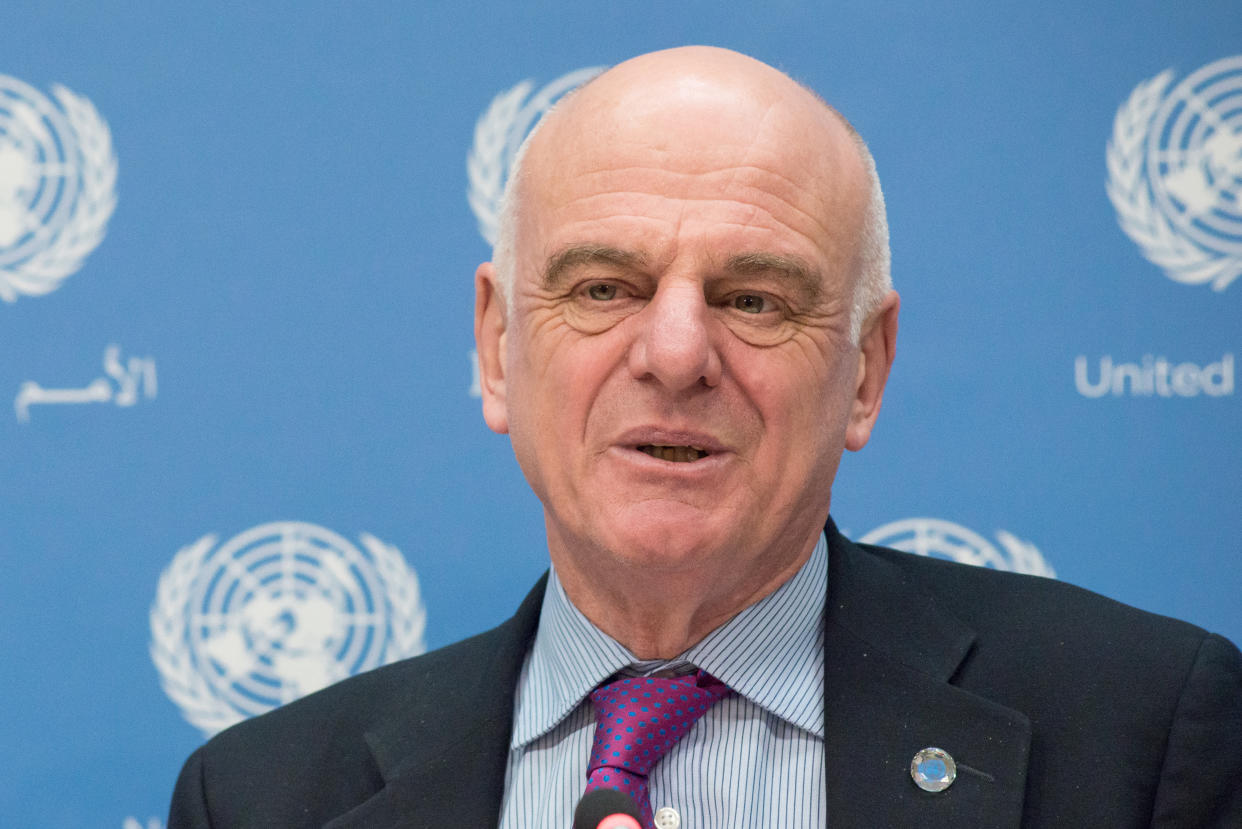WHO chief says investigators 'can't rule out' lab theory

A World Health Organisation (WHO) official investigating the cause of the pandemic has said he “can’t rule out” the possibility that Covid originated from a Wuhan laboratory.
Dr David Nabarro, who is conducting the probe into how the virus developed, said the WHO is currently working with Chinese authorities.
He told He told Sky News' Sophy Ridge On Sunday that “everything will be looked at” by the investigators.
Asked if he could rule out the theory that the virus escaped from a laboratory in Wuhan, he said: "The thing about theories is you have to have them as a way to set up the reason why things might be occurring in a particular way.

"I can't rule anything out and I know the team on the spot, as well as those they're talking to in China, they're not ruling anything out either.
"All options are on the table and everything will be looked at."
As part of the investigation, the WHO is scheduled to visit the Wuhan Institute of Virology.
Chinese researchers at the institute say they have handled coronaviruses but have previously strongly rejected claims that Covid-19 came from their lab.
Former US president Donald Trump said in April last year that he had seen evidence it had come from a laboratory in China.
But health experts and intelligence communities have previously said it is more likely that Covid-19 was naturally occurring rather than man-made.
Dr Nabarro added the investigation was getting "exemplary co-operation" from Chinese authorities.
He continued: "All the sites that WHO people wanted to visit are being visited, there is an openness for all kinds of communication to take place.
"But it's early days, this is detective work. We're anticipating this will take quite a lot longer."
Elsewhere in the interview, Dr Nabarro added that "the world should be accessing vaccines in an equal way" as he praised the UK for its rollout.
"We have some excellent vaccines that can stop people from dying,” he said.
"The only way to deal with a global pandemic is to get fair shares across the world now, that's the right thing to do.
"I'm really hopeful that world leaders in the coming weeks will realise that to have a few countries vaccinating a lot of people and poorer countries have very limited vaccines is not really the way to go ahead economically, socially, environmentally and indeed morally."
Nabarro said the UK having 400 million doses of vaccine on order was "totally understandable" but that once all over-50s in the UK have been inoculated it should consider sharing vaccines with poorer countries through the WHO's Covax scheme.
"At the moment politicians believe that their primary duty is to make sure they get vaccines to perhaps everybody in their countries,” he said.
"We think citizens can perhaps talk to their politicians and say 'wait a minute, we're actually part of the world, we think the first priority is to make sure everybody in the world gets what they need'."
He said 100 countries have signed up to the WHO's vaccine-sharing Covax scheme, adding they are "ready to receive vaccines" and there is money available to buy doses.
He added: "Do we want to be remembered as a world where those who had the cash could afford to vaccinate their whole populations and countries that didn't have the cash had to cope with a possibly quite dramatically increasing death rate among their health workers? I don't think so."


